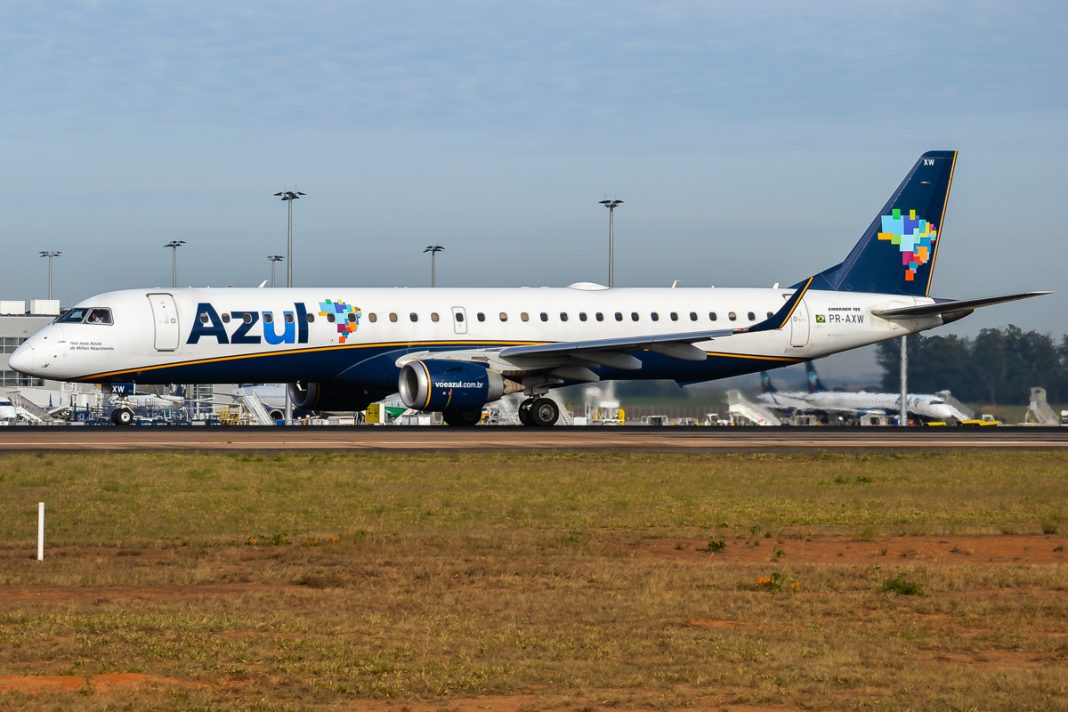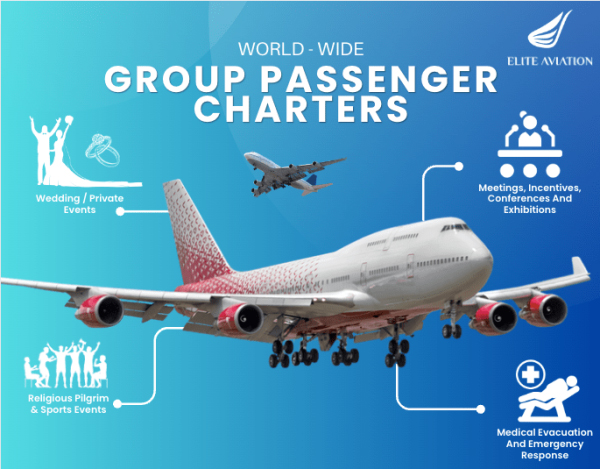By João Machado
Brazil’s Public Bank To Do More In Airline Bailout
After five months of negotiations between stakeholders and airlines, the details and peculiarities of the federal government’s aid to Brazilian airlines are finally in their final negotiation stages. According to the now-expected conditions, the government’s part in the package will increase from 2.4 billion reais ($440 million) to 3.6 billion reais as of Aug. 16.
This was officially confirmed by the National Bank for Economic and Social Development (BNDES) in its last quarterly results conference webcast. BNDES is owned by the Brazilian government and, already in March, started negotiations with the country’s three major airlines: Azul Brazilian Airlines, GOL Airlines and LATAM Brazil. Ultimately, companies wanted to set the terms for a bailout so they could endure the economic effects of the COVID-19 pandemic, which especially affected the airline industry.
The bank’s Director for the Participation and Companies Restructuring Division Leonardo Mendes Cabral affirmed this when talking with a journalist from O Estado de São Paulo newspaper about the conditions of the aid to LATAM Airlines and about the reasons for such a lengthy process. “Our program to the air industry, we increased from 2.4 [billion reais] to 3.6 [billion reais], that is, it is ready to attend the three [major] airlines,” said the executive.
As it was being set from the beginning by BNDES, there were two important conditions of the package, which, in total, should reach 6 billion reais. Most importantly, however, was that it needed to be divided between the public bank and the private sector.
“[There will be] no subsidy from BNDES or from the government,” Cabral said. “We will get in with 60% of the transactions, partner banks that are entering with us will get in with 10%, and each transaction should count with at least 30% of participation from the market.”
While developed countries granted billion-dollar subsidized loans to its major airlines, some even giving non-repayable grants to the industry, Brazil was on its back foot from the start of the pandemic, with a progressively deteriorating fiscal environment and a dangerous debt trajectory. This means that space for aid will be limited not only for the airlines but also for the private sector in general.
With that in mind, BNDES wanted to be as cautious as possible with the bailout package to the airlines, asking them to “do their homework” before providing them any credit, so these funds would be as rationalized as possible, not being used for immediate debt payments, said the director.
“All companies should seek, before accessing BNDES’ capital, renegotiations with its main lessors and creditors. This process is being done by the airlines — recently even Azul announced the ending of the renegotiation with its main lessors — and this is an additional step to make our transaction feasible,” he said.
The last five months, therefore, served for airlines to maintain their cash positions strong and restructure their debts. LATAM Brasil, the most visible example of the three, entered the same chapter 11 process its parent company had already entered in the U.S., starting to extensively review its leasing agreements and overall debts. Additionally, it was the only of the three airlines to lay off cabin personnel after failing an attempt to permanently reduce wages.
LATAM Airlines Group is now facing a complicated situation with regards to its financing, with two bids fighting over a Debtor-In-Possession loan to the company.

A 777-300 rests in LATAM’s São Paulo/Guarulhos Maintenance Facilities. (Photo: AirlineGeeks | João Machado)
“I believed, in April, that BNDES’ help was fundamental for the industry recovery, that it would not be possible to obtain financing in the market. It wasn’t the case,” Jerome Cadier, LATAM Airlines Brasil’s CEO, told O Globo, stating this package is not any more fundamental to the company’s survival, although it will be important to serve as a safety cushion.
“We do not depend on this financing today because [we] went for searching another path, but I would like to count on this option because the crisis can worsen, the difficulty of the international flights can prolong,” he added.
Concerning LATAM and its position as an international company — LATAM Airlines Group is based in Chile— facing chapter 11 in the U.S., Cabral was clear that BNDES intends to give the airline the aid package regardless, despite demanding the money to be invested solely in the Brazilian operation. He said this was because he and the bank recognize LATAM as a “different case”.
“We are evaluating a possibility to make [an] investment, even if it’s outside Brazil, but where all capital must be invested here in Brazil,” said the director of BNDES. “This is a fundamental condition of our transaction and it has been made possible, we will manage to support LATAM as well.”
[ad_2]
Source link


